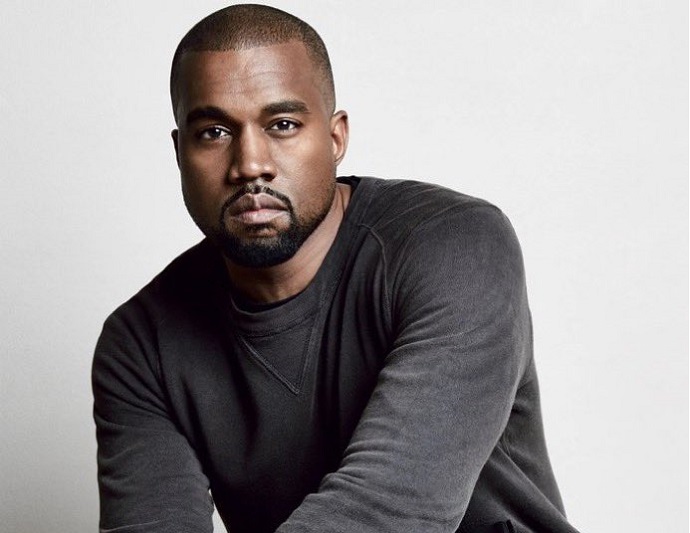Kanye West, also known as Ye, has once again found himself at the center of a firestorm following a series of controversial and offensive statements. This time, the rapper and fashion mogul has drawn sharp criticism for making antisemitic remarks and expressing admiration for Adolf Hitler. His comments have not only ignited widespread outrage but have also reignited critical conversations about the dangers of hate speech and the role of public figures in shaping public discourse.
This isn’t the first time Ye has courted controversy with his words. In recent years, he faced significant backlash for similar antisemitic comments on social media, which resulted in severe repercussions, including the loss of lucrative business deals and widespread public condemnation. Although he issued an apology at the time, his latest remarks suggest a troubling escalation in his rhetoric, further fueling tensions and raising alarms.
The Broader Implications of Celebrity Influence
Ye’s actions have sparked a broader discussion about the influence of celebrities and public figures in shaping societal attitudes. With millions of followers and a global platform, individuals like Ye hold immense power to sway public opinion. When such figures make inflammatory or harmful statements, they risk normalizing dangerous ideologies and perpetuating hate.
This incident underscores the need for greater accountability among those with significant influence, as well as the role of social media platforms and media outlets in curbing the spread of harmful content.
The timing of Ye’s comments is particularly concerning, as global efforts to combat hate speech and antisemitism are gaining momentum. Organizations and communities worldwide are working tirelessly to promote education, accountability, and respectful dialogue.
Ye’s remarks have not only undermined these efforts but have also reignited debates about the boundaries of free speech and the ethical responsibilities that come with having a public platform.
Free Speech vs. Responsibility: A Delicate Balance
While some argue that Ye’s comments are a calculated attempt to garner attention, others stress the importance of unequivocally condemning hate speech in all its forms.
This situation highlights the delicate balance between free speech and the responsibility to avoid causing harm. Public figures, in particular, must recognize the weight of their words and the potential consequences of spreading divisive or harmful rhetoric.
The controversy also serves as a stark reminder of the power of language. Words have the ability to inspire, educate, and unite, but they can also incite hatred, perpetuate stereotypes, and divide communities. As such, public figures have a moral obligation to use their platforms responsibly, fostering constructive conversations rather than promoting harmful ideologies.
Moving Forward: Accountability and Education
In the wake of Ye’s remarks, there is a growing call for accountability—not just for the rapper but also for the systems that amplify his voice. Social media platforms, in particular, face renewed scrutiny over their role in moderating content and preventing the spread of hate speech.
Additionally, this incident underscores the importance of education in combating prejudice and fostering a culture of understanding and respect.
Ultimately, Ye’s latest controversy is a sobering reminder of the challenges society faces in addressing hate speech and misinformation.
It also highlights the need for collective action—from individuals, organizations, and institutions—to promote tolerance, hold public figures accountable, and ensure that platforms are used to uplift rather than harm. As the debate continues, one thing is clear: the power of words must be wielded with care, especially by those in the public eye.



